Engineering, Procurement, and Construction (EPC)




Soukayna Jermouni
Product Manager, Interconnection
Software developer and Energy engineer with a MSc in sustainable energy management. Joined RatedPower 4 years ago, originally as a customer success member, her understanding of the product’s users’ needs allowed her to become a project manager and developer; a position through which she developed both her understanding of the grid interconnection and managerial skills. Soukayna currently serves as a product manager of interconnection. She ensures that the interconnection features in the product correspond to the client’s needs and meet the engineering requirements.

What does EPC stand for? Learn all about Engineering, Procurement, and Construction (EPC) and how it simplifies project management and solar development.
Content
What does EPC stand for?
EPC definition: EPC stands for Engineering, Procurement, and Construction. It is a project delivery model that gives contractors the responsibility of handling a project from start to finish.
EPC contractors will handle the project in its entirety, from the initial design and engineering plans to construction and completion. This approach to project management is also referred to as a “lump sum turnkey (LSTK)” approach.
What is an EPC company?
The kind of projects that EPC companies handle tend to be complex and large-scale, with a strong need for industry expertise. Relying on and managing multiple contractors for these projects can be stressful. An EPC company manages all the contractors involved with a project, handling the main challenges that arise.
The main challenge is coordination. Using multiple contractors on a single project means running back and forth between contractors trying to get everyone aligned with the same goals. These projects rely on contractors being able to work closely on the same schedule to ensure the project runs smoothly. This often means pouring a significant amount of time and effort into communication and coordination between multiple parties, with plenty of room for miscommunication.
Another key challenge is keeping the budget in check. Using a range of contractors can quickly get expensive. This is especially true when procuring materials, as one contractor may be able to get a better price than another.
An EPC company streamlines the entire process by offering a single responsible source for project execution. The project owner or operator simply needs to provide design requirements and specifications, and the EPC company will handle the rest. This means the owner/operator will only need to communicate with one party, enter into a singular contract, and be able to focus on other aspects of their business while safe in the knowledge that the project will be handled with precision.
The EPC company will use its expertise to coordinate and negotiate with any contractors required for the project. This will ensure the owner or operator can build new infrastructure in less time and with smaller budgets than if they handled the project directly.
How do EPC contracts work for solar projects?
Engineering, procurement, and construction contract work have long been hugely beneficial for the oil and natural gas industry, so it's no surprise that it’s also gaining momentum for solar projects.
As solar energy usage increases, more businesses are looking to invest in this sector. However, few businesses have the expertise to handle the complex and time-consuming process of engineering a new plant. This is where Solar EPC companies come into play.
Engineering a PV plant involves many intricacies specific to collecting and converting solar energy. A Solar EPC company will have experts on hand to handle these specifics, including performing site surveys, monitoring weather conditions, and determining the ideal positioning to maximize space utilization.
They will also procure materials and high-quality equipment to build your solar PV plant. The Solar EPC company will have great relationships with suppliers and the expertise to obtain everything required at the best price possible.
Once the project has been planned and everything is delivered to the site, the solar EPC company will handle the construction process. This will include mounting the solar panels in an optimal position and establishing grid connectivity. Solar EPC companies may also provide maintenance post-installation.
What is the difference between an EPC designer and an EPC developer?
When looking at EPC solutions, you’ll encounter two key roles: EPC Designer and EPC Developer. Although they focus on different aspects and require different skill sets, both roles are integral to the success of a Solar EPC project.
As the title suggests, EPC designers are responsible for creating detailed engineering drawings, specifications, and plans that outline the project's construction requirements. They will work closely with engineers, architects, and other relevant parties to ensure that the design of a solar PV plant meets all technical specifications, safety standards, and regulatory requirements.
An EPC developer focuses on the broader project development process. They oversee the entire project lifecycle, from conception to completion. This includes identifying project opportunities, securing financing, negotiating contracts with clients and vendors, managing project timelines and budgets, and ensuring that all aspects of the project are completed successfully. EPC developers often have a more strategic and managerial role than EPC designers.
Calculate your BoQ for your EPC
Keeping your solar PV plant costs in check can be challenging, but you’ll want to know what to expect before diving into a project with an EPC. There is a lot to consider, which means there is a lot you might forget, especially if you’re new to this field.
We dive right into a real-life case study set in the vast expanse of the Atacama Desert to help you understand how different equipment quantities and prices affect LCOE (Levelized Cost of Energy).
Our template is more than just a spreadsheet — it's a comprehensive toolkit featuring over 70 items. It covers everything you need to consider before presenting your proposal to your EPC contractor or off-taker.
From modules and inverters to power stations, trenches, manholes, roads, cable listings, surveillance cameras, and much more, we've got you covered. The template also updates in real-time, allowing you to experiment with line items and see how the LCOE varies.
Download the BoQ template today, or send us a message to see how we can help your PV plans for the future.
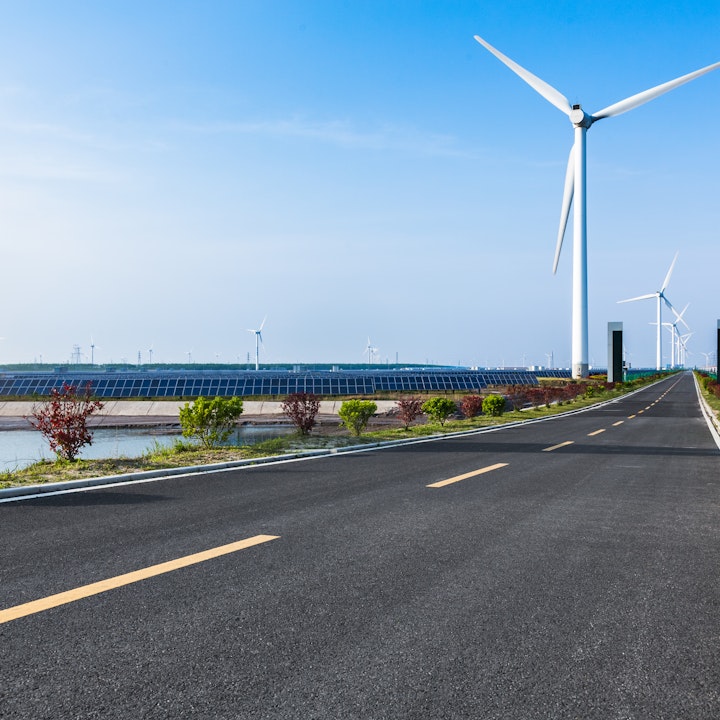
Design utility-scale solar at lightning speed
A quick guide to utility-scale photovoltaic plant design
This guide will give an overview of the key considerations for designing your next utility-scale solar PV plant.
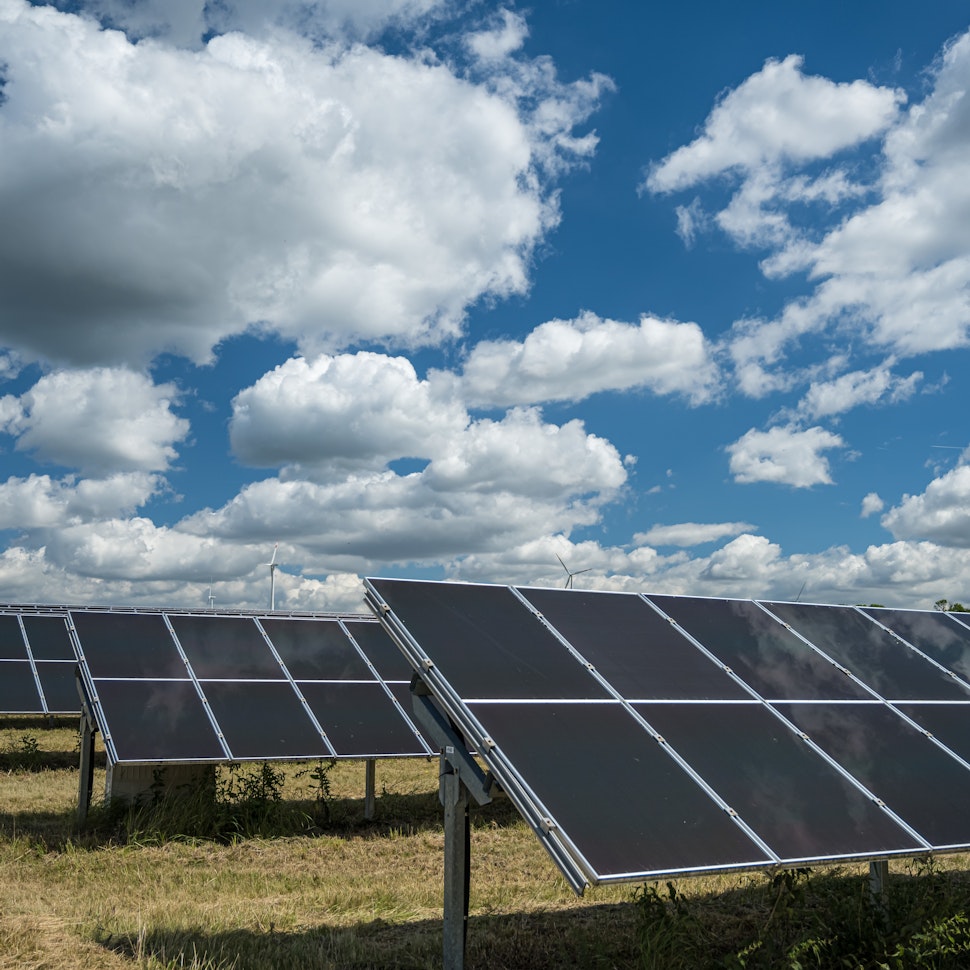
Latest stories
Related glossary posts
Technology and engineering
What is a solar substation and how to customize yours with RatedPower software
Updated 5 MAY, 25
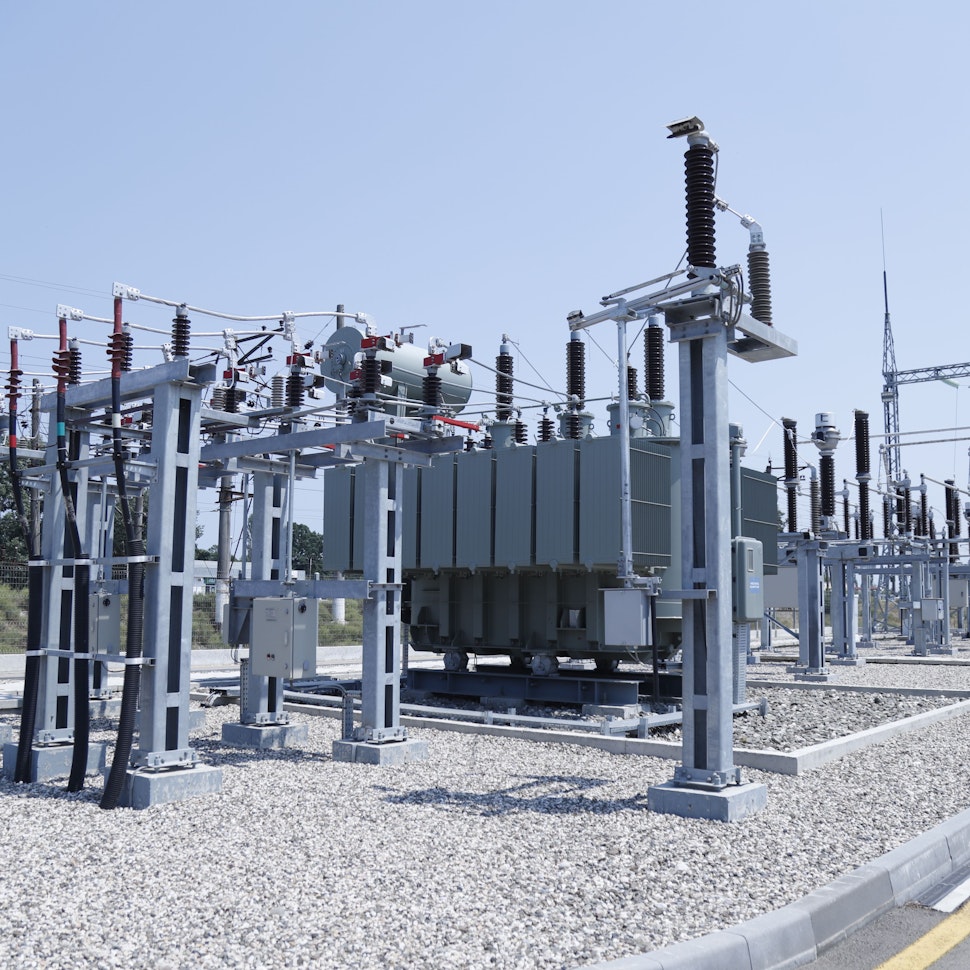
Technology and engineering
What is a solar combiner box and why is it used in photovoltaic designs?
Updated 25 MAR, 25
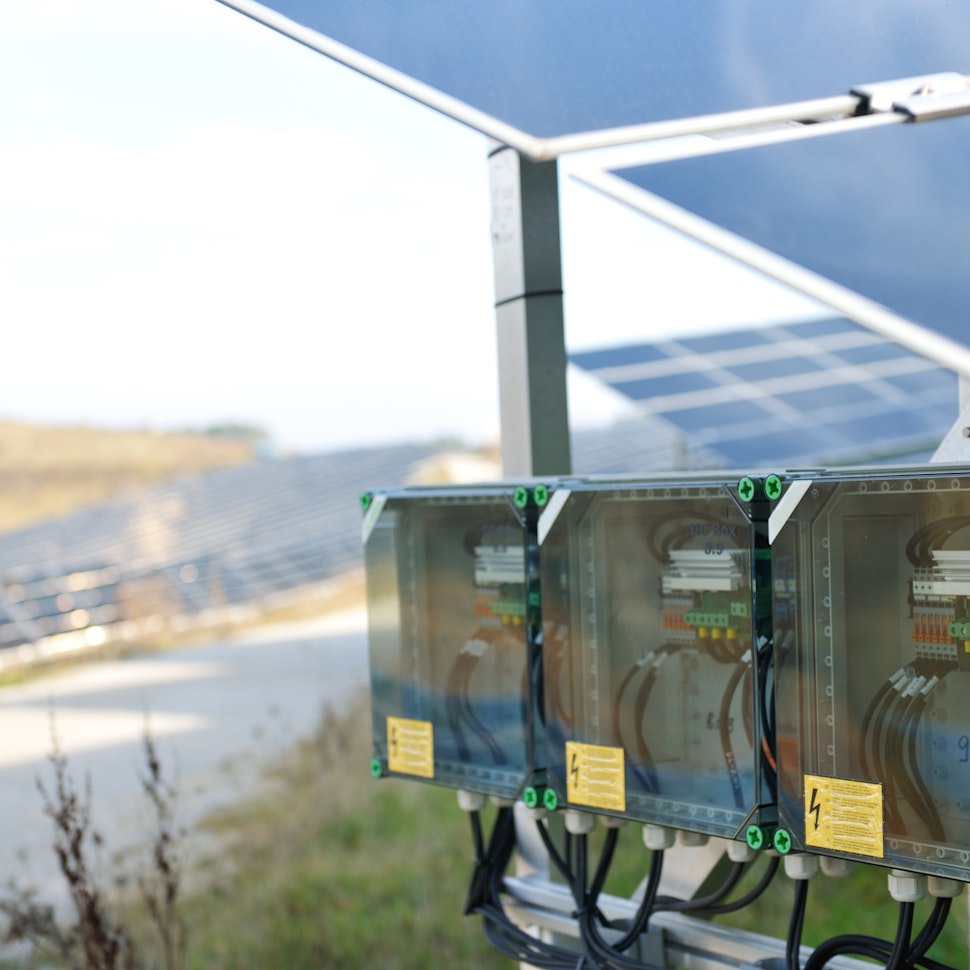
Technology and engineering
What are the benefits of a Power Purchase Agreement (PPA) for solar plants
Updated 25 MAR, 25

Related posts
Technology and engineering
Innovation in renewable energy: Developments expected in 2025
We look at the 10 biggest renewable industry developments that are making a green future possible, including perovskite solar cells, green hydrogen, and more.
Updated 18 MAR, 25

Technology and engineering
The era of standalone energy yield software is ending
Updated 19 APR, 22
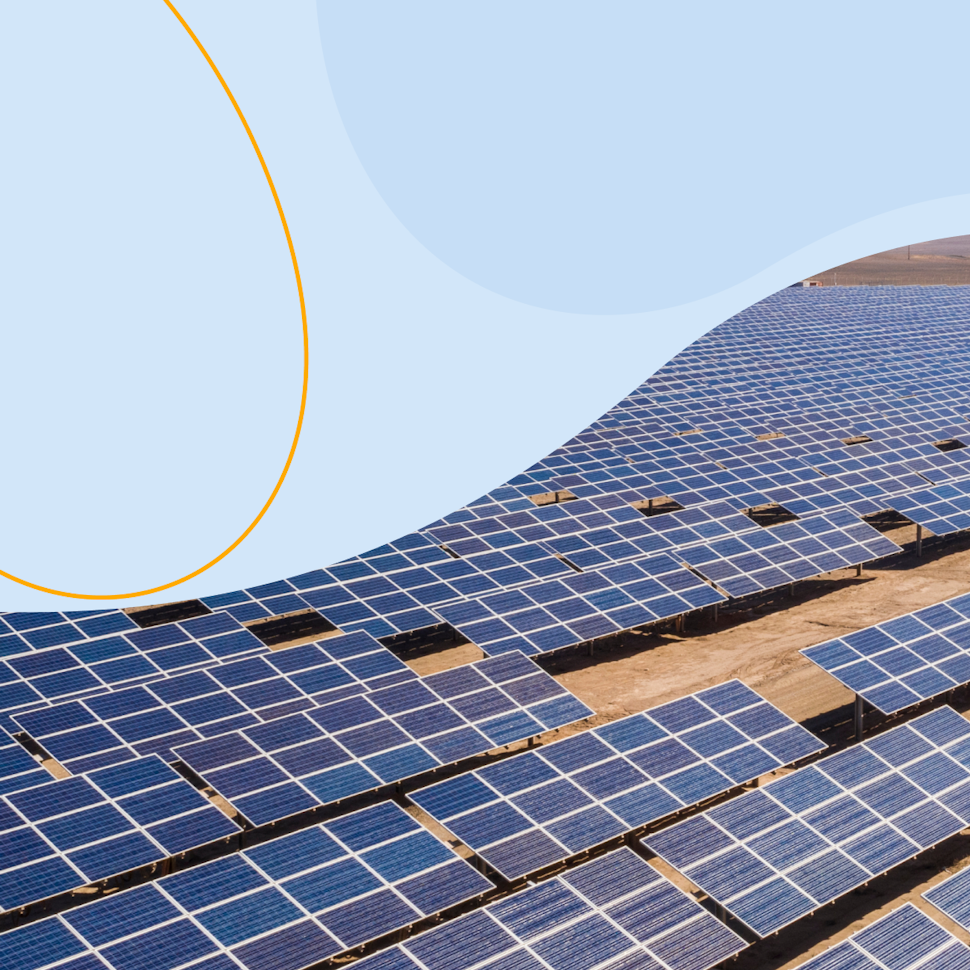
Technology and engineering
How to battle soiling losses with RatedPower
How do soiling losses affect the output from a solar energy system and how can RatedPower help to account for them in a PV project?
Updated 22 FEB, 22




